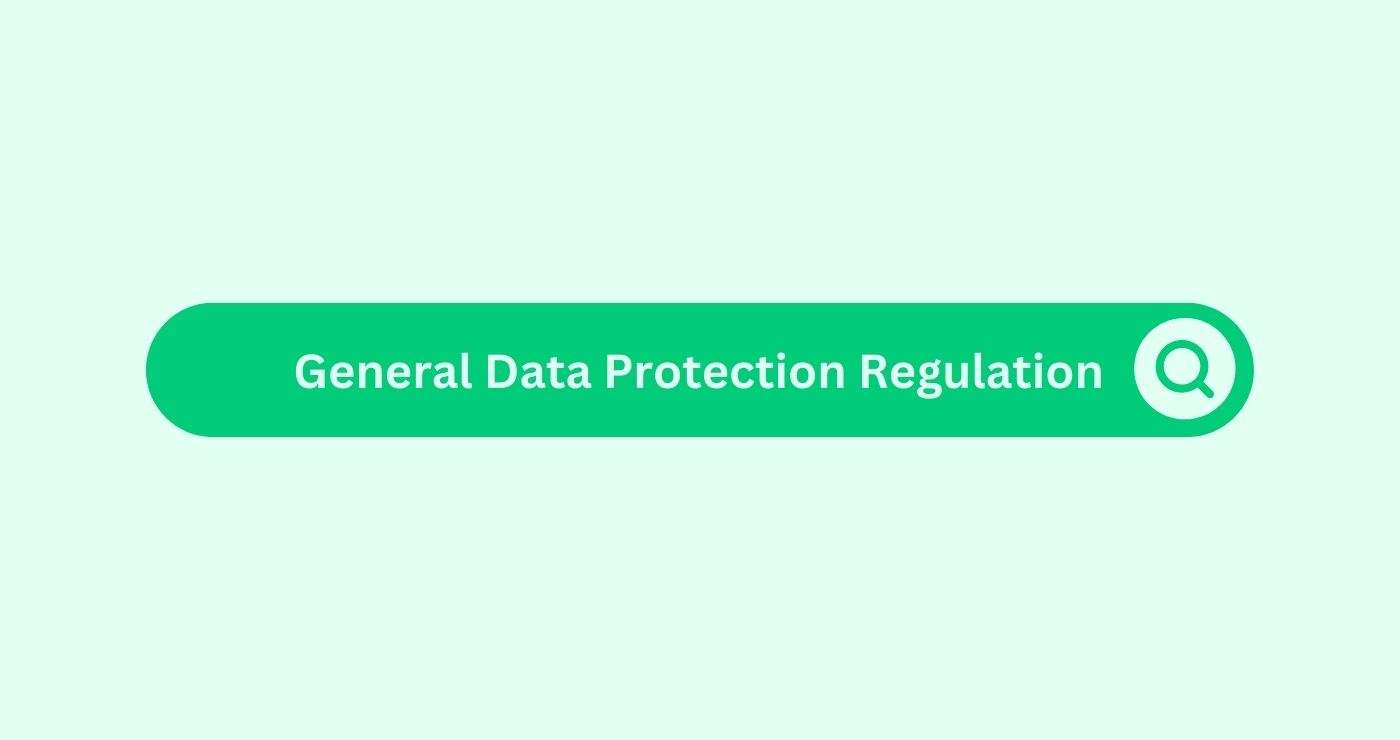Definition
The GDPR, a data privacyDefinition Data Privacy in AI Terms in Content Marketing ref... law by the EU, began on May 25, 2018. It aims to protect the personal data and privacy of EU citizens by regulating how organizations collect, store, and process such data. The GDPR applies to all organizations operating within the EU, as well as those outside the EU that offer goods or services to, or monitor the behaviour of, EU citizens.
The GDPR introduces several key principles, including data minimization, accuracy, storage limitation, integrity and confidentiality, and accountability. It grants individuals rights over their personal data, such as the right to access, rectify, erase, and port their data, as well as the right to object to and restrict processing. Non-compliance with the GDPR can result in severe penalties, including fines of up to €20 million or 4% of an organization’s global annual turnover, whichever is higher.
How You Can Use
Implementing GDPR compliance in the SEO space involves ensuring that all data collection and processing activities adhere to the regulation’s requirements. Please remember to ensure that the generated content is not negative, dangerous, adult-themed, or otherwise inappropriate.
Example:
Suppose you run a website that uses various SEO tools to track user behavior and improve site performance. To comply with GDPR, you need to:
- Obtain Consent: Before collecting any personal data (e.g., through cookiesDefinition Cookies are small pieces of data stored on a user...), you must obtain explicit consent from users. This can be achieved by displaying a cookie consent banner when users first visit your site.
Cookie Consent Banner Example:
perlCopy codeWe use cookies to enhance your experience on our website. By clicking "Accept," you consent to our use of cookies in accordance with our privacy policy.
[Accept] [Decline] [Learn More]
- Data PrivacyDefinition Data Privacy in AI Terms in Content Marketing ref...Privacy PolicyDefinition Within the realm of email marketing, a privacy po...: Clearly explain how you collect, use, and store personal data in your privacy policyDefinition Within the realm of email marketing, a privacy po.... Make this information easily accessible on your website.
Privacy PolicyDefinition Within the realm of email marketing, a privacy po... Example:
cssCopy codeOur privacy policy outlines the types of data we collect, how we use it, and the measures we take to protect your information. You have the right to access, modify, or delete your data at any time.
[Link to Full Privacy Policy]
- Data Access and Deletion Requests: Provide users with an easy way to request access to their data or to have their data deleted. This can be facilitated through a contact form or a dedicated email address.
Data Request Form Example:
cssCopy codeTo request access to or deletion of your personal data, please fill out the form below or contact us at [email address].
[Data Request Form]
- Third-Party Compliance: Ensure that any third-party services you use (e.g., analyticsDefinition In SEO, analytics involves collecting, measuring,... tools, marketing platforms) are also GDPR-compliant. This may involve updating contracts and data processing agreements with these providers.
Key Takeaways
- Compliance is Mandatory: GDPR compliance is legally required for any organization handling the personal data of EU citizens.
- User Consent: Explicit consent must be obtained from users before collecting personal data.
- Transparency: Clearly communicate your data collection and processing practices through a detailed privacy policyDefinition Within the realm of email marketing, a privacy po....
- User Rights: Provide mechanisms for users to access, modify, and delete their personal data.
- Third-Party Compliance: Ensure all third-party services you use are GDPR-compliant to avoid potential penalties.
FAQs
What is the General Data Protection Regulation (GDPR)?
The GDPR is an EU law designed to protect the personal data and privacy of EU citizens by regulating how organizations handle such data.
Why is GDPR important for SEO?
GDPR is important for SEO because it ensures that data collection practices are transparent and ethical, building user trust and avoiding legal penalties.
How do I obtain user consent under GDPR?
User consent can be obtained through clear and explicit consent requests, such as cookie banners or opt-in forms.
What should be included in a privacy policy to comply with GDPR?
A privacy policyDefinition Within the realm of email marketing, a privacy po... should include details on the types of data collected, how it is used, stored, and protected, and users’ rights regarding their data.
How do I handle data access and deletion requests?
Provide users with a simple method to request access to or deletion of their data, such as a contact form or dedicated email address.
What are the penalties for non-compliance with GDPR?
Penalties for non-compliance can include fines of up to €20 million or 4% of the organization’s global annual turnover, whichever is higher.
Does GDPR apply to non-EU organizations?
Yes, GDPR applies to any organization that offers goods or services to, or monitors the behavior of, EU citizens, regardless of its location.
How can I ensure third-party services are GDPR-compliant?
Review and update contracts and data processing agreements with third-party providers to ensure they comply with GDPR requirements.
What are the key principles of GDPR?
Key principles of GDPR include data minimization, accuracy, storage limitation, integrity and confidentiality, and accountability.
What rights do individuals have under GDPR?
Individuals have rights to access, rectify, erase, and port their data, as well as to object to and restrict the processing of their personal data.




